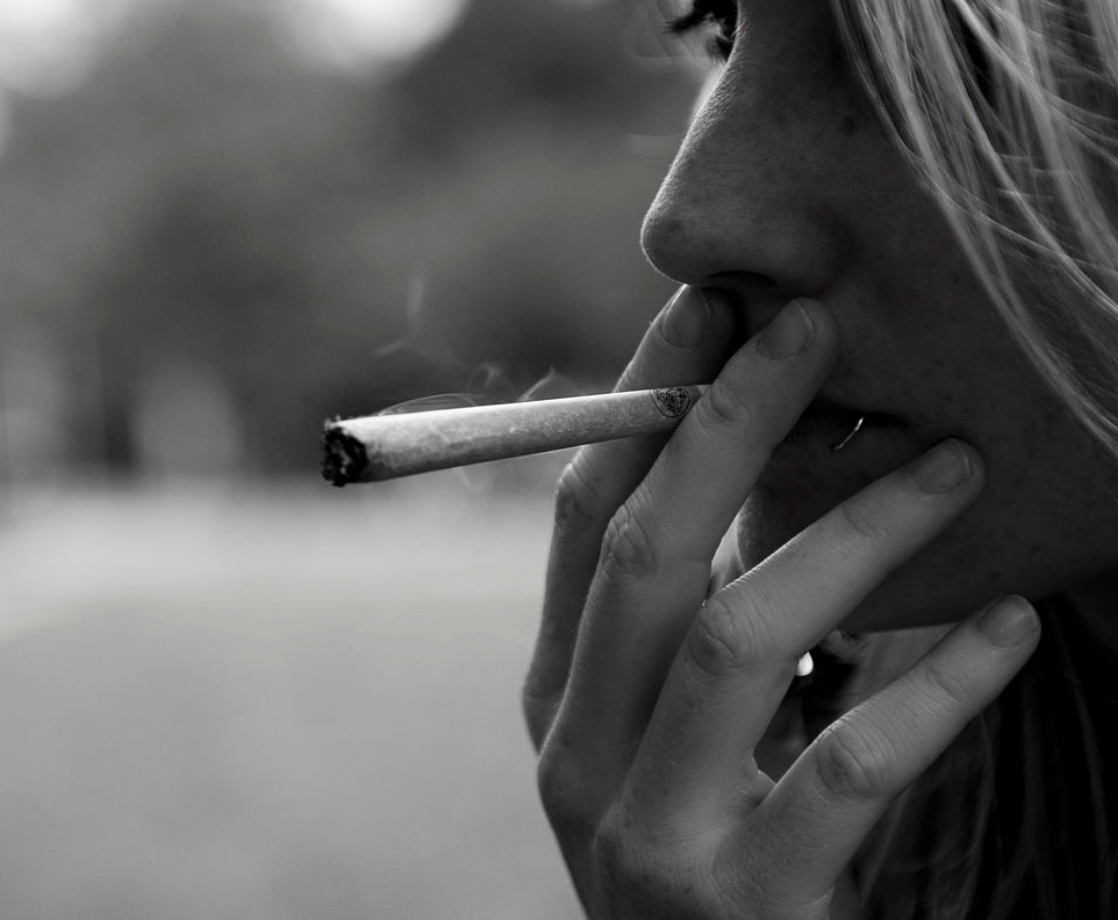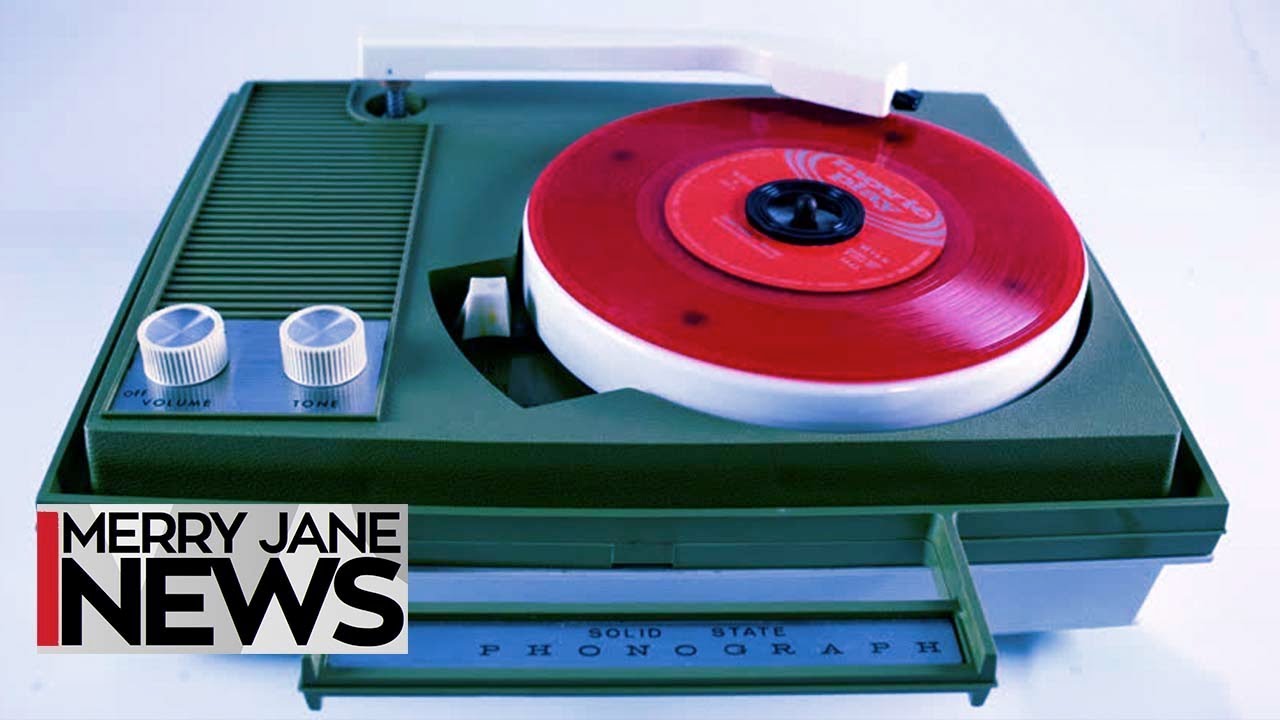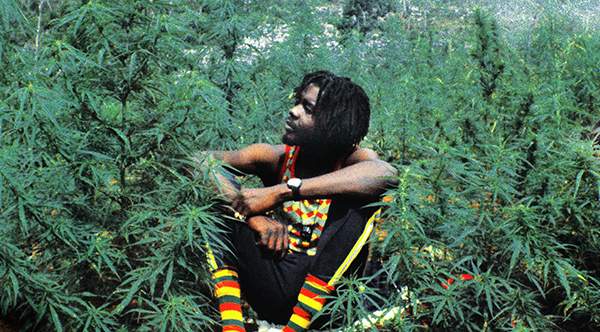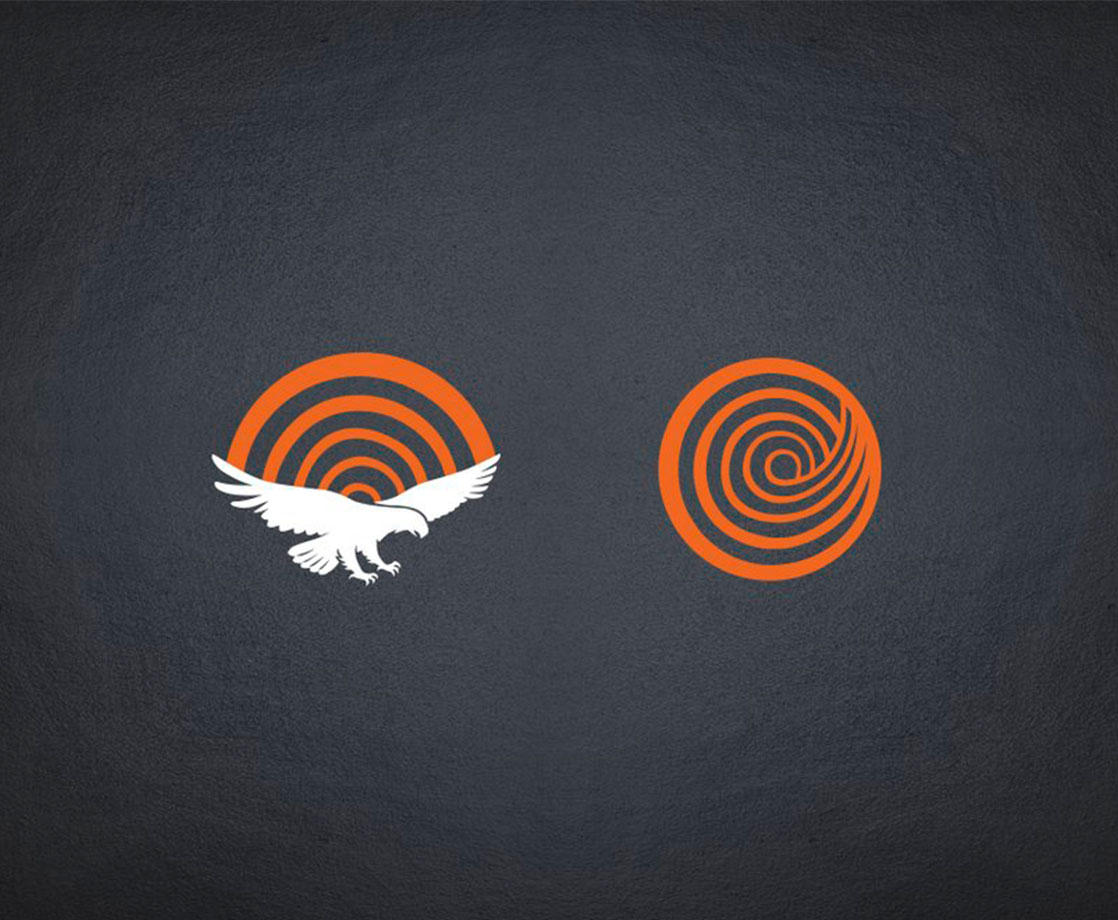While North American weed lovers perpetually seek out stronger and stronger weed strains, the Swiss cannabis market is banking off tokers who smoke the weed that doesn’t get anyone high.
According to Swiss publication SonntagsZeitung, the Federal Office of Public Health said it collected 15 million francs (US $15.1 million) from taxes on smokable hemp products in 2018.
Three years prior, the government only made 400,000 francs (US $402,680) from hemp sales.
In contrast to the US hemp market — which primarily grows low-THC weed for CBD extraction — the Swiss prefer rolling hemp buds into spliffs, cigarettes made of cannabis mixed with tobacco. Ironically, smokable hemp is heavily marketed in Switzerland as an alternative to smoking tobacco.
“You feel like you should be high, because you have a body high, but your mind is completely clear,” said Corso Serra di Cassano, the owner of a Swiss-based hemp company, to Reuters in March 2017. “We’re really seeing a boom in the last month or two.”
In 2017, the legal sales market cap for Swiss weed was estimated at 100 million francs (US $104 million). Swiss hemp, defined as cannabis with less than 1 percent THC, was legalized in 2011. Switzerland’s THC cap is fairly liberal, considering the US defines hemp as cannabis with less than 0.3 percent THC; the EU generally defines it as weed with less than 0.2 percent THC.
Possessing less than 10 grams of high-THC buds (the kind that get you lifted) was decriminalized in 2013. If caught under the limit, a Swiss smoker only faces a fine of 100 francs.
Because CBD could increase the risk of nicotine addiction (or help break nicotine addiction, depending on the study), the Swiss government announced in February that it would fund more research into CBD and hemp consumption, The Local reported
Follow Randy Robinson on Twitter











